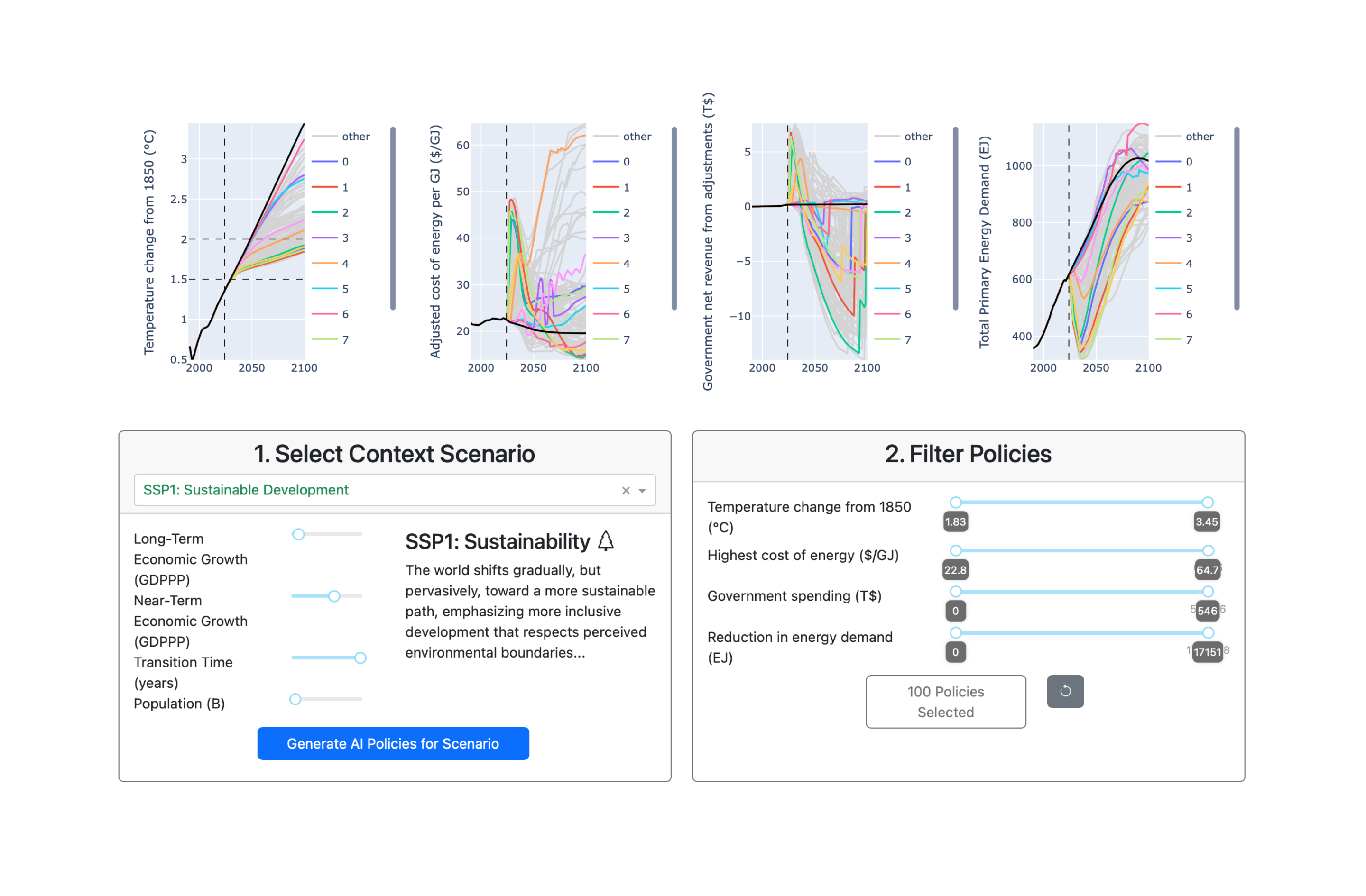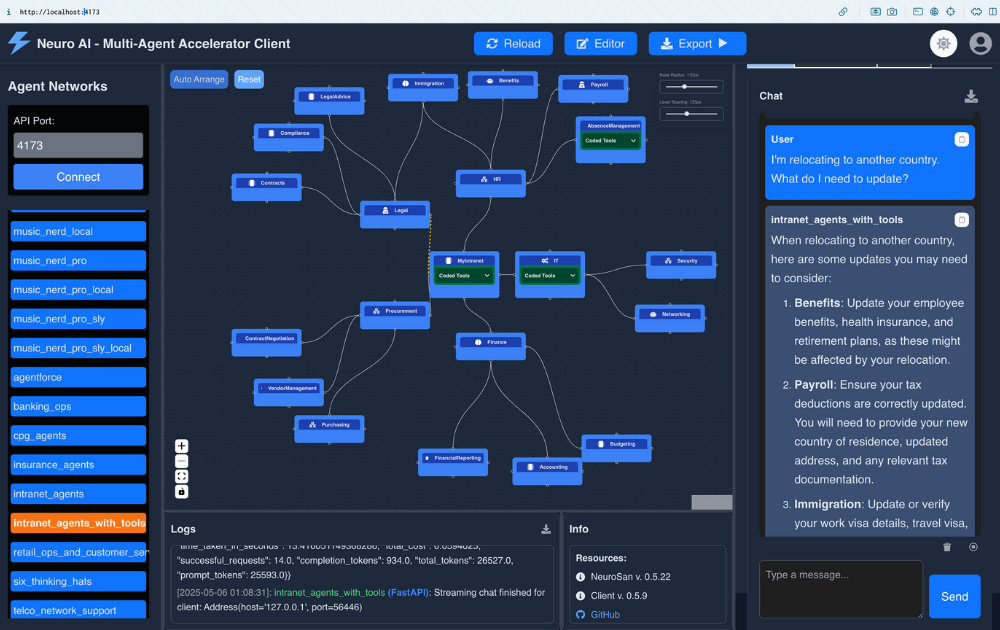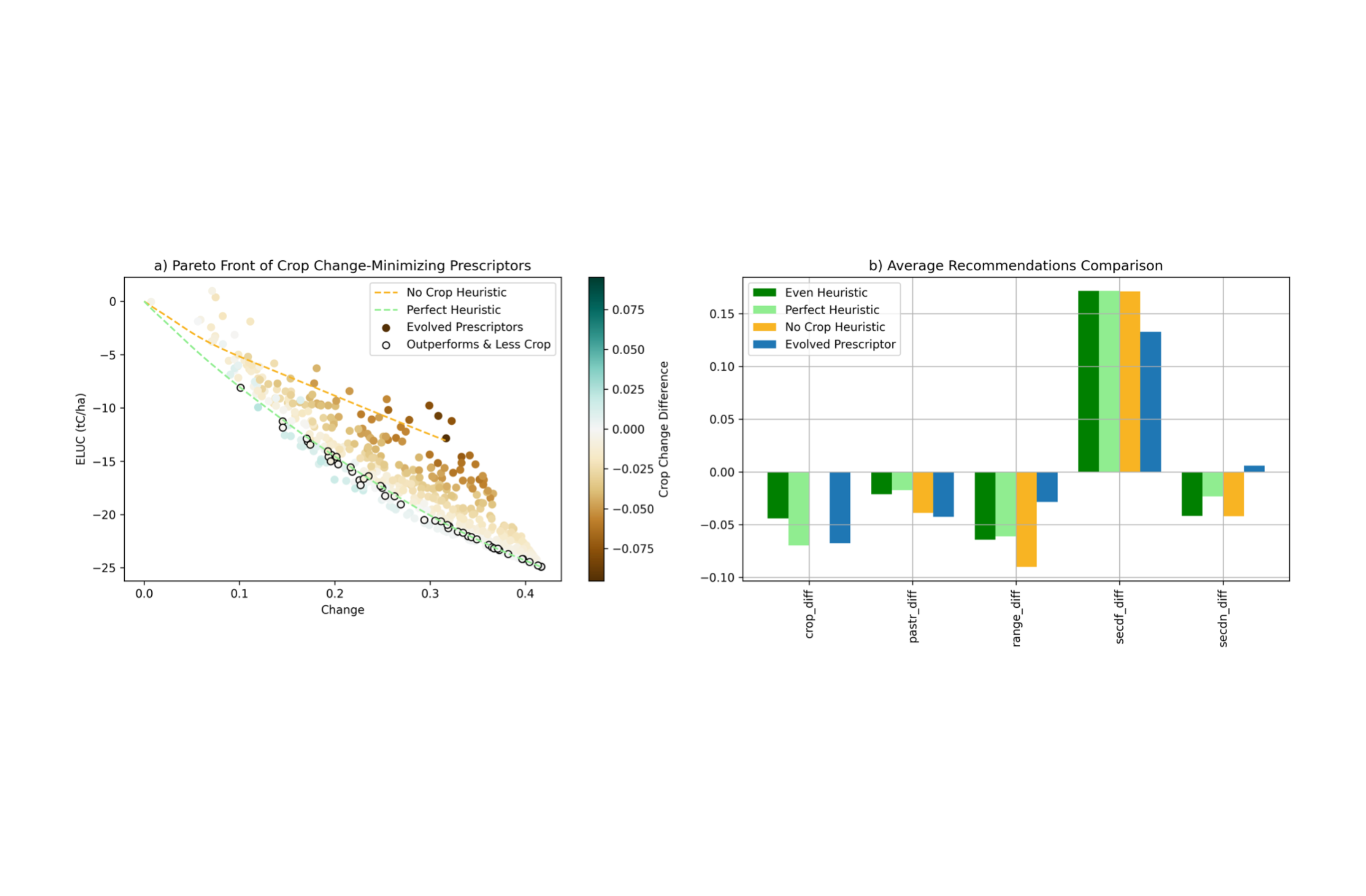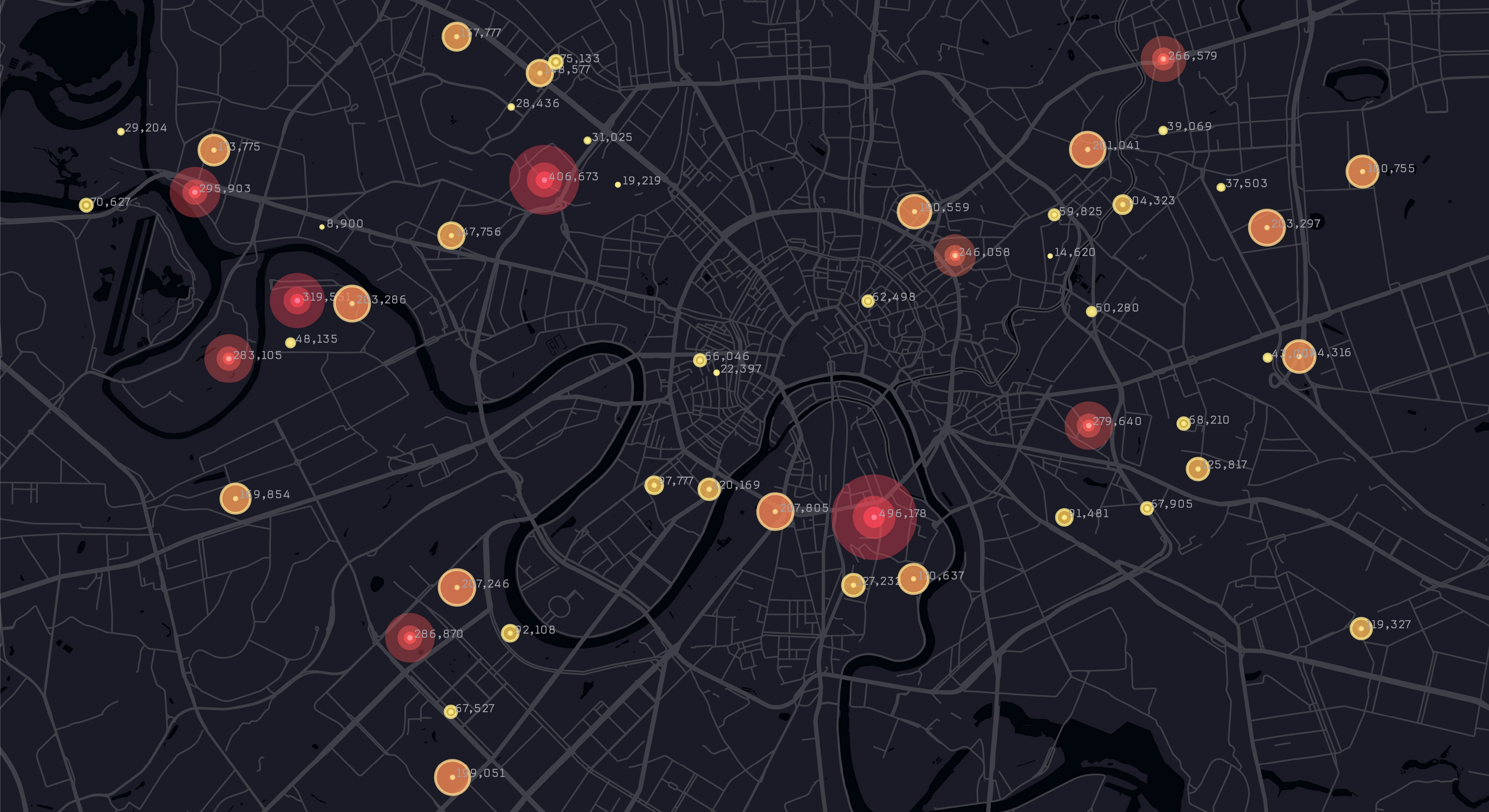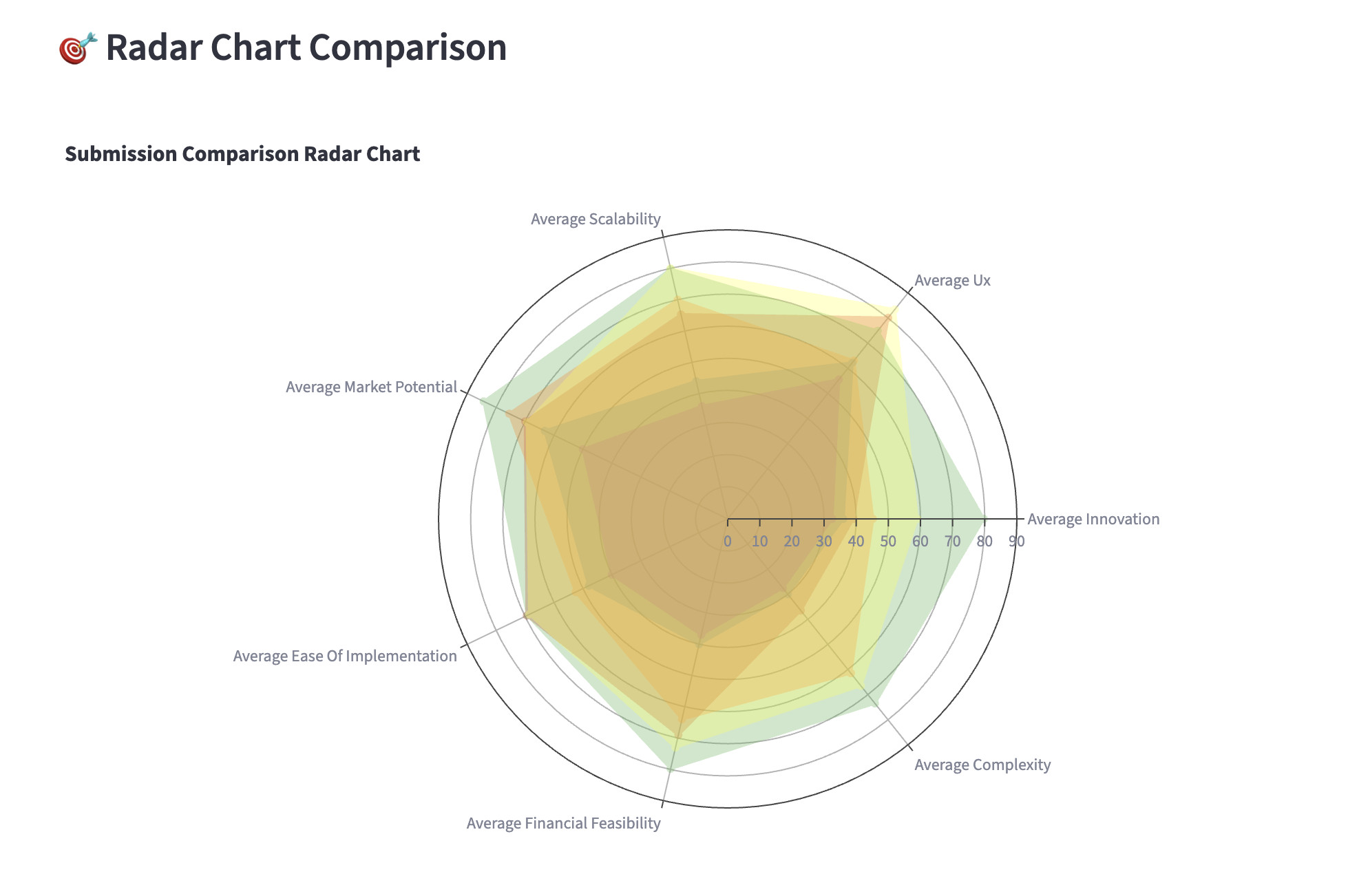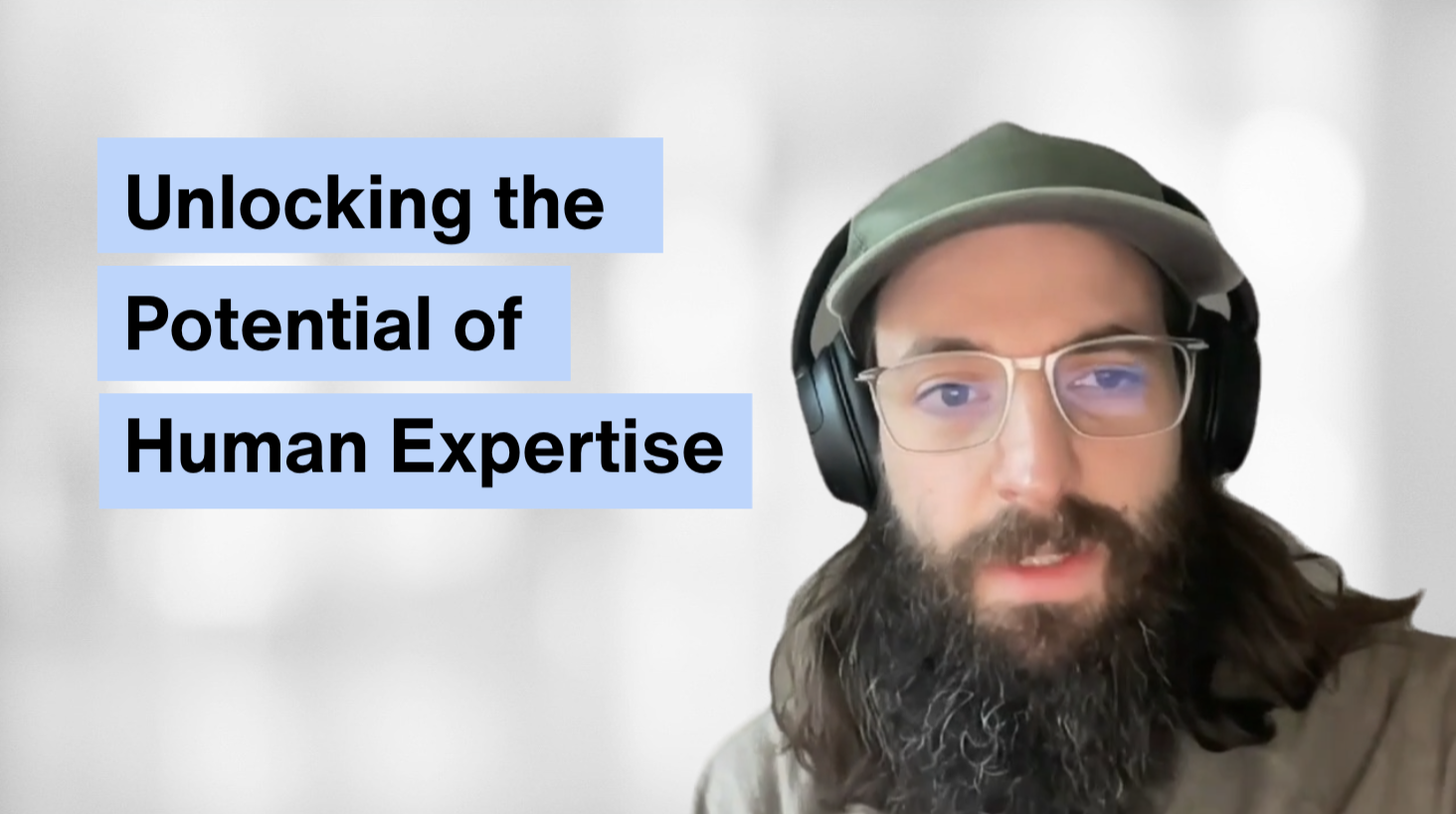December 9, 2025
Bridging human expertise and AI to tackle global challenges
An evolutionary AI framework that unites diverse human expertise into optimized, transparent strategies for solving complex global challenges
Addressing today’s complex global challenges — such as managing pandemics, combating climate change, or optimizing resource allocation — requires collaboration across disciplines and borders. Yet, as the number of experts and methodologies increases, so does the complexity of integrating their insights into actionable strategies.
How can we move beyond isolated human expertise and harness the collective intelligence of global contributors? To bridge this gap, we developed a novel framework called RHEA (Realizing Human Expertise through AI) that leverages evolutionary AI to enhance the integration and optimization of human expertise. By systematically distilling, recombining, and refining diverse expert solutions, RHEA not only synthesizes knowledge but discovers strategies that surpass human or AI capabilities alone.
This blog dives into an overview of our paper, set to be presented at NeurIPS 2024, showing how RHEA advances the integration of diverse global expertise by examining its technical foundation, its application to the XPRIZE Pandemic Response Challenge, and its broader potential to tackle some of the world’s most pressing problems.
A new paradigm for optimizing expert knowledge
Addressing global challenges, such as public health crises or climate change, requires solutions that navigate intricate interactions, balance competing objectives, and handle tradeoffs. Traditional approaches — manual decision-making or standalone AI systems — frequently fail to scale to this level of complexity. The challenge isn’t just in gathering diverse expertise but in synthesizing them into actionable, optimized strategies.
Addressing this problem requires meeting a set of unique requirements that distinguish it from other AI challenges. First, any solution must incorporate knowledge in disparate forms, such as statistical models, heuristics, and machine learning algorithms, reflecting the diversity of expert contributions. Second, the approach must be multi-objective, as these challenges inherently involve conflicting goals that must be carefully balanced. Finally, democratic traceability is crucial: contributors need to understand how their insights shape the final solutions.
RHEA was developed to satisfy these requirements. Leveraging evolutionary AI, it integrates diverse expert knowledge into a cohesive framework, balancing competing objectives with precision and transparency. By standardizing contributions, RHEA enables optimized solutions while maintaining democratic traceability, ensuring contributors see how their ideas shape final outcomes.
The architecture of RHEA
RHEA’s design operates through four distinct steps, each addressing a critical aspect of integrating global expertise into actionable solutions:
- Define: The process begins by formalizing the problem — creating a structured framework where diverse expert solutions can be evaluated and compared.
- Gather: Contributions from experts are collected, encompassing a range of methodologies, such as heuristic techniques, statistical models, and machine learning algorithms.
- Distill: Each contribution is transformed into a canonical form, like a neural network, preserving its unique insights while enabling standardized evaluation.
- Evolve: Evolutionary AI is employed to refine and recombine these standardized solutions, discovering optimized strategies that balance conflicting objectives.
Figure 1. The RHEA framework. (a) Tasks are defined by mapping context, actions, and outcomes; (b) expert solutions are gathered to generate actionable strategies; © contributions are distilled into neural networks for consistency; (d) these networks are recombined to uncover synergies; and (e) iterative evolution optimizes policies, enhancing effectiveness.
RHEA in Action: The XPRIZE Pandemic Response Challenge:
The XPRIZE Pandemic Response Challenge provided an ideal setting to showcase RHEA’s capabilities. The competition brought together 102 teams from 23 countries to develop prescriptive models for managing COVID-19 interventions, balancing case reductions with economic and social costs.
RHEA analyzed the 169 model submissions, distilling their strategies into neural networks and evolving them to find optimized solutions. The resulting strategies achieved superior tradeoffs between reducing case numbers and minimizing intervention stringency, surpassing both standalone AI models and individual expert contributions. Notably, some contributions that initially appeared low-performing ended up making outsized contributions to the final optimized set of solutions: RHEA unlocks their latent potential.
The success of RHEA in this challenge demonstrates its ability to harness diverse expertise, deliver actionable insights, and provide transparent, trust-building solutions for real-world crises.
Figure 2. Quantitative comparison of RHEA against alternative methods. RHEA’s solutions consistently outperform baseline methods across each metric, demonstrating its capacity to create improved solutions over human or AI designs.
Looking forward
RHEA’s potential spans a variety of domains where complex, high-stakes decisions require collaboration across diverse expertise. Its ability to formalize problems, incorporate disparate knowledge, and balance competing objectives makes it an ideal tool for addressing challenges like climate policy, resource allocation, and other United Nations Sustainable Development Goals (SDGs).
By foregrounding human expertise before AI training, RHEA exemplifies a new kind of AI-driven collaboration — one that ensures transparency, inclusivity, and efficiency. As frameworks like RHEA continue to evolve, they hold the promise of systematically unlocking the untapped potential of human ingenuity, enabling more equitable and effective solutions to some of the world’s most pressing challenges.
Elliot is a research scientist who is oriented around improving creative AI through open-endedness, evolutionary computation, neural networks, and multi-agent systems.
